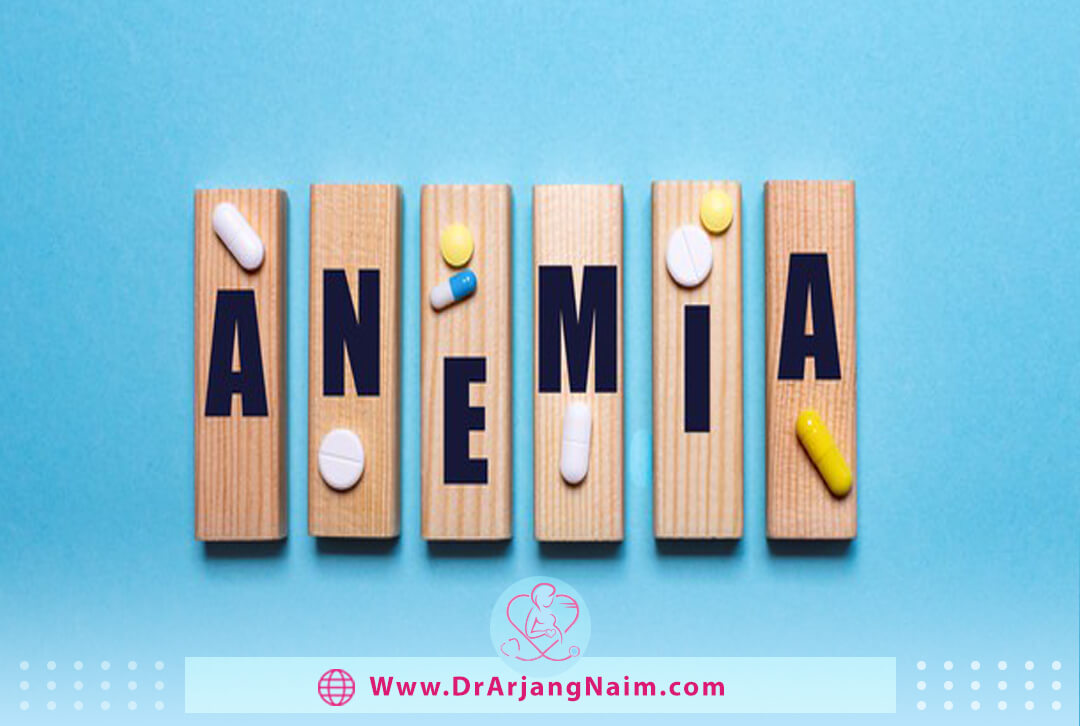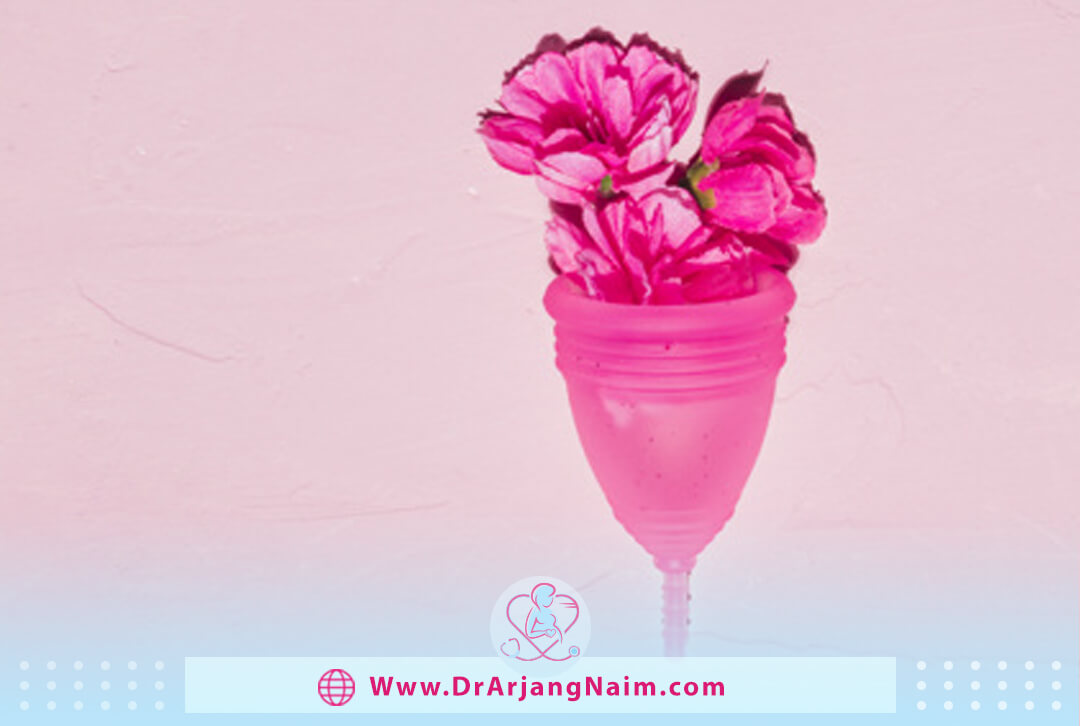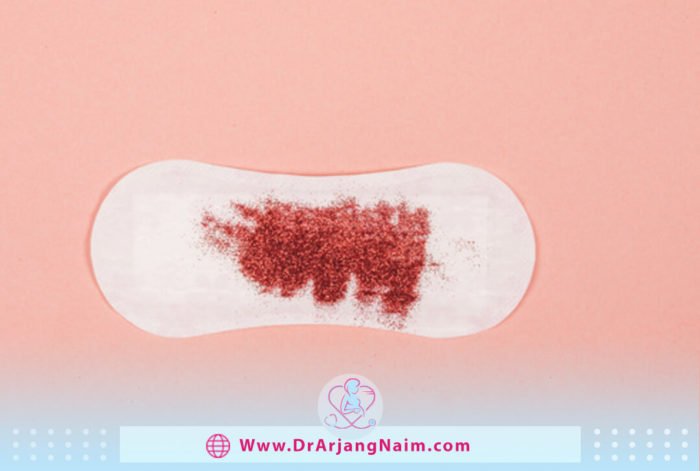Menorrhagia is a medical term for menstrual periods with abnormal and prolonged bleeding. Although heavy menstrual bleeding is a common concern, most women do not experience abnormal bleeding, known as menorrhagia. Menstrual bleeding lasts more than seven days and affects approximately 1 in 20 women.
Some bleeding may be very heavy, meaning the woman has to change the tampon or pad in less than 2 hours. It can also mean that pass clots the size of a quarter or even more. A person with heavy bleeding will not be able to perform daily activities due to excessive bleeding. If left untreated, menorrhagia can lead to anemia. Also, heavy bleeding can affect sleep and cause lower abdominal pain. If women are weak and have problems with their daily lives due to heavy bleeding, they should ask their doctor for treatment options.
Symptoms
There is no specific medical definition of abnormal uterine bleeding. Menstruation occurs once every 28 days for a normal woman, although every 25-31 days is normal menstruation. The average length of the menstrual cycle is about five days. Most women generally lose less than 80 milliliters or 3 ounces of blood. Most experts agree that any bleeding that is so severe that it interferes with a person’s physical, social, and emotional life is abnormal. Some of the symptoms of menorrhagia include:
- Soaking one or more tampons or pads every hour for many consecutive hours
- Changing pads or tampons during the night
- Doubling up on pads
- Long-lasting menstrual periods longer than seven days
- Signs and symptoms of anemia, including tiredness, fatigue, and shortness of breath
- Constant lower abdominal and pelvic pain
- Bleeding that is keeping women from doing normal activities
- Blood clots the size of a quarter or larger
- Bleeding outside the usual menstrual cycle
Causes
In some cases, the cause of heavy menstrual bleeding is unknown, but many conditions can cause menorrhagia.
Hormone imbalance
In a normal menstrual cycle, the balance between the hormones estrogen and progesterone regulates the amount of endometrium produced during menstruation. If there is a hormonal imbalance, the endometrium grows too much, eventually leading to heavy bleeding during menstruation. Some conditions can cause hormonal imbalances. These include polycystic ovary syndrome, obesity, insulin resistance, and thyroid problems.
Dysfunction of the ovaries
Suppose the ovaries do not ovulate during the menstrual cycle. In that case, the body does not produce the hormone progesterone-like in a normal menstrual cycle, and this condition eventually leads to hormone imbalance and menorrhagia.
Polyps
Cervical polyps are growths in the cervical canal, the duct that connects the uterus to the vagina. They are often reddish, purple, or grayish. They may be as thin as a finger, onion, or stalk. The size of the polyps can be from a few millimeters to several centimeters. Polyps are benign and may cause heavy or prolonged menstrual bleeding.
Uterine fibroids
Non-cancerous uterine tumors that occur during the reproductive years and uterine fibroids cause menstrual bleeding to be heavier than usual.
Adenomyosis
Adenomyosis occurs when the endometrial line, which usually separates the uterus from the surrounding tissues, penetrates the uterus’ muscular wall, causing the uterus to enlarge and causing prolonged and painful menstrual periods. I can cause heavy bleeding during menstruation, menstrual cramps, pain during or after sex, and infertility. The cause of adenomyosis is unknown, but adenomyosis usually resolves after menopause.
Intrauterine device (IUD)
Heavy bleeding is a known side effect of using a non-hormonal intrauterine device to prevent unwanted pregnancy. The doctor uses alternative methods if women have heavy and unusual bleeding.
Cancer
Uterine cancer and cervical cancer can cause excessive menstrual bleeding, especially if women are menopausal or have had an abnormal Pap test in the past.
Pregnancy complications
Miscarriage is one of the factors that may cause menorrhagia in a person. Also, placing the placenta in an unusual area inside the uterus during pregnancy may cause excessive bleeding.
Inherited bleeding disorders
Some bleeding disorders, such as von Willebrand disease, genetic factors, blood clots, or a deficiency or disorder in it, can also cause abnormal menstrual bleeding.
Medications
Certain medications, such as anti-inflammatory, hormonal such as estrogen and progesterone, and anticoagulants, such as warfarin and enoxaparin, can be involved in heavy or prolonged menstrual bleeding.
Pelvic inflammatory disease (PID)
PID is an infection of the upper genital area (uterus, fallopian tubes, or ovaries) that can cause pelvic or abdominal pain, heavy menstruation, and bleeding after sex or between periods. It is a common disease but often does not cause obvious symptoms.
Endometriosis
Endometriosis occurs when the endometrium (the tissue that normally covers the inside of a woman’s uterus) grows outside. This tissue acts like any other tissue during menstruation. At the end of the cycle, it breaks down and bleeds. But this blood has no place to go out, so the surrounding areas may become inflamed or swollen and cause lesions. In many cases, endometriosis can also cause excessive menstrual bleeding.
Thyroid problems
Both hypothyroidism and hyperthyroidism lead to menorrhagia. It usually resolves with the correction of thyroid dysfunction. Prolactin-producing pituitary tumors cause Heavy bleeding by disrupting the secretion GnRH.
Kidney disease
Chronic diseases, especially kidney failure, cancer, or diabetes, can affect HPA (Hectopascal Pressure Unit), causing menstrual periods without ovulation and subsequent menorrhagia. In diabetic patients, the pulse rate of gonadotropin-releasing hormone (GnRH) secretion is abnormal, which may be the main cause of menorrhagia in these patients.
Liver disease
Liver failure can also cause menorrhagia by directly affecting HPA and inadequate metabolism of estrogen and sex hormones. Impaired clotting factor production also contributes to menorrhagia in patients with chronic liver disease.
Complications

Prolonged or excessive menstrual bleeding can lead to other medical conditions.
Anemia
Menorrhagia can cause anemia by reducing the number of red blood cells in the bloodstream. Circulating red blood cell count is measured by hemoglobin, a protein that enables red blood cells to carry oxygen to tissues.
Iron deficiency anemia occurs as the body tries to make up for lost red blood cells by using iron stores to produce more hemoglobin, carrying oxygen to red blood cells. Menorrhagia may lower iron levels enough to increase the risk of iron deficiency anemia. Signs and symptoms include pale skin, weakness, and fatigue. Although diet plays a role in iron deficiency anemia, it can be complicated by heavy menstrual periods.
Severe pain
Severe menstrual bleeding may cause painful menstrual cramps (dysmenorrhea). Sometimes the cramps associated with menorrhagia are so severe that they require medical evaluation.
Diagnosis
To diagnose the cause of heavy bleeding, the gynecologist asks questions about the medical history and menstrual cycle, how heavy the bleeding was during the menstrual period, and how much health care was needed. The doctor will perform a physical exam and may perform one or more tests, such as the following:
- Blood tests: A blood test assesses the amount of iron in the blood and other conditions, such as thyroid disorders or blood clotting disorders.
- Pap smear test: In this test, uterine cells are collected and tested to identify infection, inflammation, or cancer.
- Endometrial biopsy: It is possible to take a sample of intrauterine tissue and be examined by a pathologist.
- Ultrasound: This method uses sound waves to produce images of the uterus, ovaries, and pelvis.
Based on the results of the initial tests, a doctor may recommend other tests, including:
- Sonohysterography: In this test, fluid is injected into the uterus by a tube through the vagina and cervix, then the doctor uses ultrasound to diagnose the problem in the layers of the uterus.
- Hysteroscopy: This examination involves inserting a thin, light device through the vagina and cervix into the uterus that allows the doctor to see inside the uterus.
Treatment
Specific treatment for heavy bleeding is based on a number of factors, including:
- Overall health and medical history
- The cause and severity of the condition
- Tolerance for specific medications, procedures, or therapies
- Future childbearing plans
- Opinion or personal preference
Medications
Medical treatment for menorrhagia includes a variety of cases.
Nonsteroidal anti-inflammatory drugs (NSAIDs)
NSAIDs such as ibuprofen or naproxen sodium help reduce menstrual blood loss. NSAIDs have the added benefit of relieving painful menstrual cramps.
Tranexamic acid
Tranexamic acid helps reduce menstrual blood loss and is only consumed during heavy bleeding.
Oral contraception
It can help regulate the menstrual cycle and reduce periods of excessive or prolonged menstrual bleeding.
Oral progesterone
Progesterone can help correct hormone imbalances and reduce menorrhagia.
Hormonal IUD
This intrauterine device releases a type of progestin called levonorgestrel, which thins the uterus lining and reduces menstrual blood flow and cramping. If a woman has menorrhagia due to hormonal drugs, she can change the medication in consultation with her doctor. If you develop anemia due to menorrhagia, the doctor may recommend taking iron supplements regularly.
Surgery
If medical treatment fails, surgical treatment may be needed.
Dilation and curettage (D&C)
In this procedure, the doctor opens and dilates the cervix and then scrapes or sucks tissue from the uterus lining to reduce menstrual bleeding. Although this procedure is common and often successfully treats acute or active bleeding, some people may need additional D&C procedures if the menorrhagia recurs.
Uterine artery embolization
For women with fibroids, the goal is to shrink any fibroids in the uterus by blocking the blood vessels and cutting off their blood flow. During uterine artery embolization, the surgeon passes a catheter through the large femoral artery and directs it to the uterine arteries. Substances are injected into a blood vessel that reduces blood flow to the fibroid.
Focused ultrasound surgery
Concentrated ultrasound surgery treats fibroid bleeding by shrinking the fibroid, similar to uterine artery embolization. In this method, ultrasound waves are used to destroy the fibroid tissue.
Myomectomy
This procedure involves surgical removal of the uterine fibroid. Depending on the fibroids’ size, number, and location, the surgeon may perform myomectomy using open abdominal surgery, through several small incisions laparoscopically, or through the vagina and cervix (hysteroscopically).
Endometrial resection
This surgical procedure uses an electrosurgical wire loop to remove the lining of the uterus. Endometrial resection is beneficial for women who have heavy menstrual bleeding.
Endometrial ablation
This procedure involves destroying the lining of the uterus. This procedure uses a laser, radiofrequency, or heat applied to the endometrium to remove tissue.
After endometrial erosion, most women have much fewer periods. Pregnancy after endometrial erosion has many complications.
Hysterectomy
Hysterectomy is a surgery to remove the uterus and cervix, which causes sterilization and the end of menstrual periods. A hysterectomy is performed under anesthesia and requires hospitalization.
Natural ways to manage or stop heavy courses

Heavy periods can disrupt a person’s life and hurt the body. The person may feel very tired and experience constant pain and cramping. Heavy periods can lead to excessive blood loss and anemia in some people. Some home remedies and supportive remedies can help reduce symptoms and manage a heavy period, including:
- Use a menstrual cup: Menstrual cups are small silicone cups inserted into the vagina and collect menstrual blood in the vaginal canal. While using a menstrual cup does not reduce the flow, it may minimize the need to go to the bathroom.
- Try a heating pad: Warming pads can help reduce common period symptoms, such as pain and cramps.
- Get plenty of rest: The body needs a lot of energy to recover the lost blood during heavy menstruation, so the body needs rest.
- Exercise: Exercise helps some people cope with heavy bleeding. For example, activities such as yoga can help reduce stress.
- Diet and supplements: Staying hydrated and getting enough nutrients can help manage symptoms.
The bottom line
When it comes to menstruation, there is a wide range of natural states. Excessive bleeding affects physical and mental health and is not normal. A gynecologist can diagnose menorrhagia and recommend effective treatment. In many cases, the disease can be easily controlled.
If left untreated, Heavy bleeding can interfere with daily life. Also, it can cause anemia and make you feel tired and weak. If the bleeding problem is not resolved, other health problems may occur. Arjang Naim MD diagnoses menorrhagia, and the patient’s condition suggests the best treatment to control heavy bleeding and prevent complications.
Additional questions
- Is Menometrorrhagia a medical term?
Menometrorrhagia is characterized by abnormally heavy, prolonged, and irregular uterine bleeding. Women with this condition usually bleed more than 80 milliliters or 3 ounces during the menstrual cycle.
2. What happens when prolactin is high?
Excessive prolactin reduces the production of estrogen and testosterone hormones. Too much prolactin can also prevent the release of an egg during a woman’s menstrual cycle.
3. Are menstrual cups or tampons better?
Menstrual cups last longer than tampons and save time and money every month. They are also more environmentally friendly than tampons.
4. What supplements help with menorrhagia?
Vitamin C and flavonoids protect capillaries (small blood vessels) from damage. By doing so, they may protect against blood loss from menorrhagia.
5. Can menorrhagia be life-threatening?
Fortunately, this is not a life-threatening condition, but excessive blood loss, long, irregular periods, and bleeding between periods can significantly impact a person’s life.
References
https://www.mayoclinic.org/diseases-conditions/menorrhagia/symptoms-causes/syc-20352829
https://my.clevelandclinic.org/health/diseases/17734-menorrhagia-heavy-menstrual-bleeding
https://www.medicalnewstoday.com/articles/295202
https://www.mayoclinic.org/diseases-conditions/menorrhagia/diagnosis-treatment/drc-20352834
https://www.webmd.com/women/heavy-period-causes-treatments
https://www.healthline.com/health/menstruation/menorrhagia




